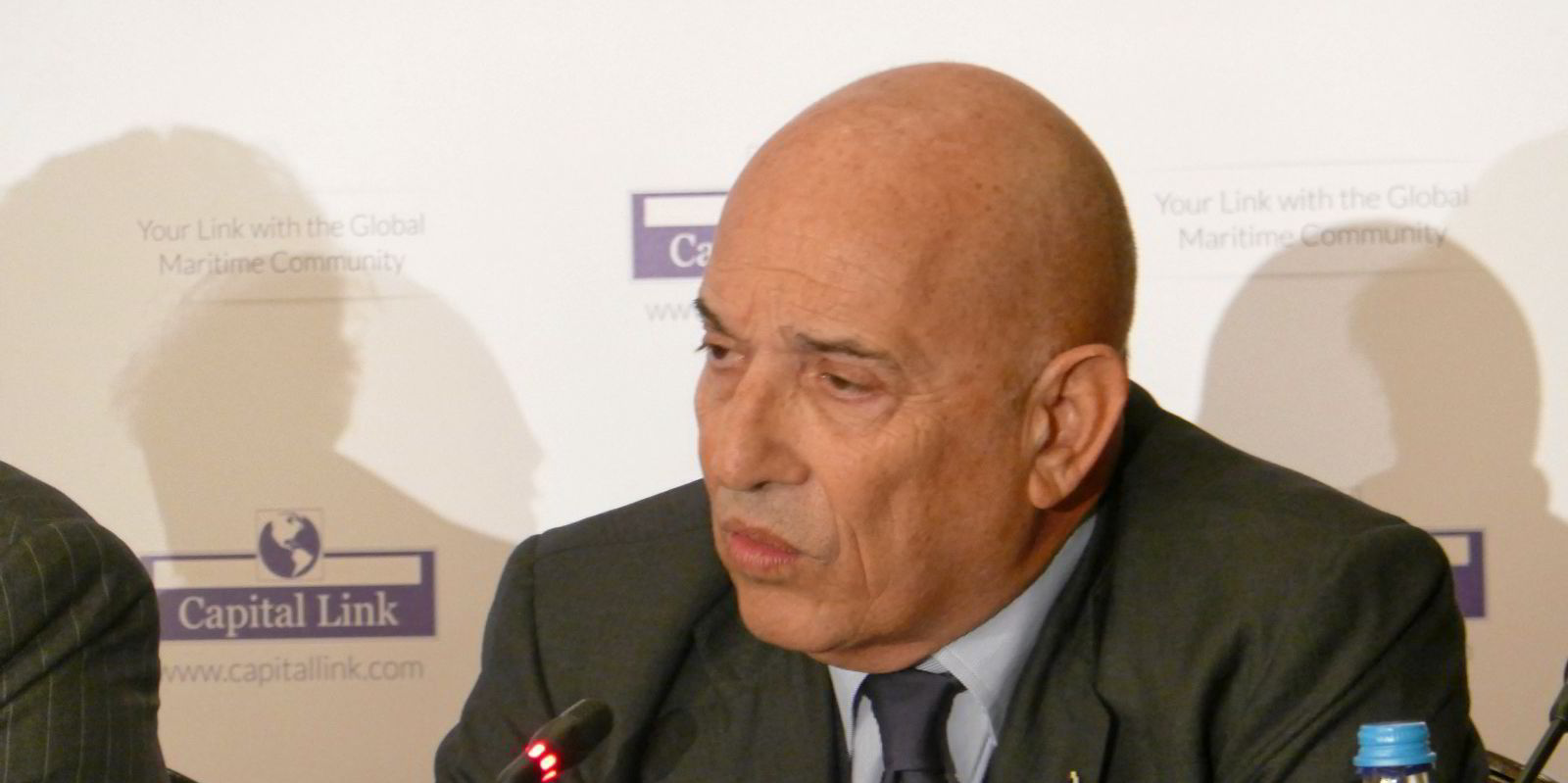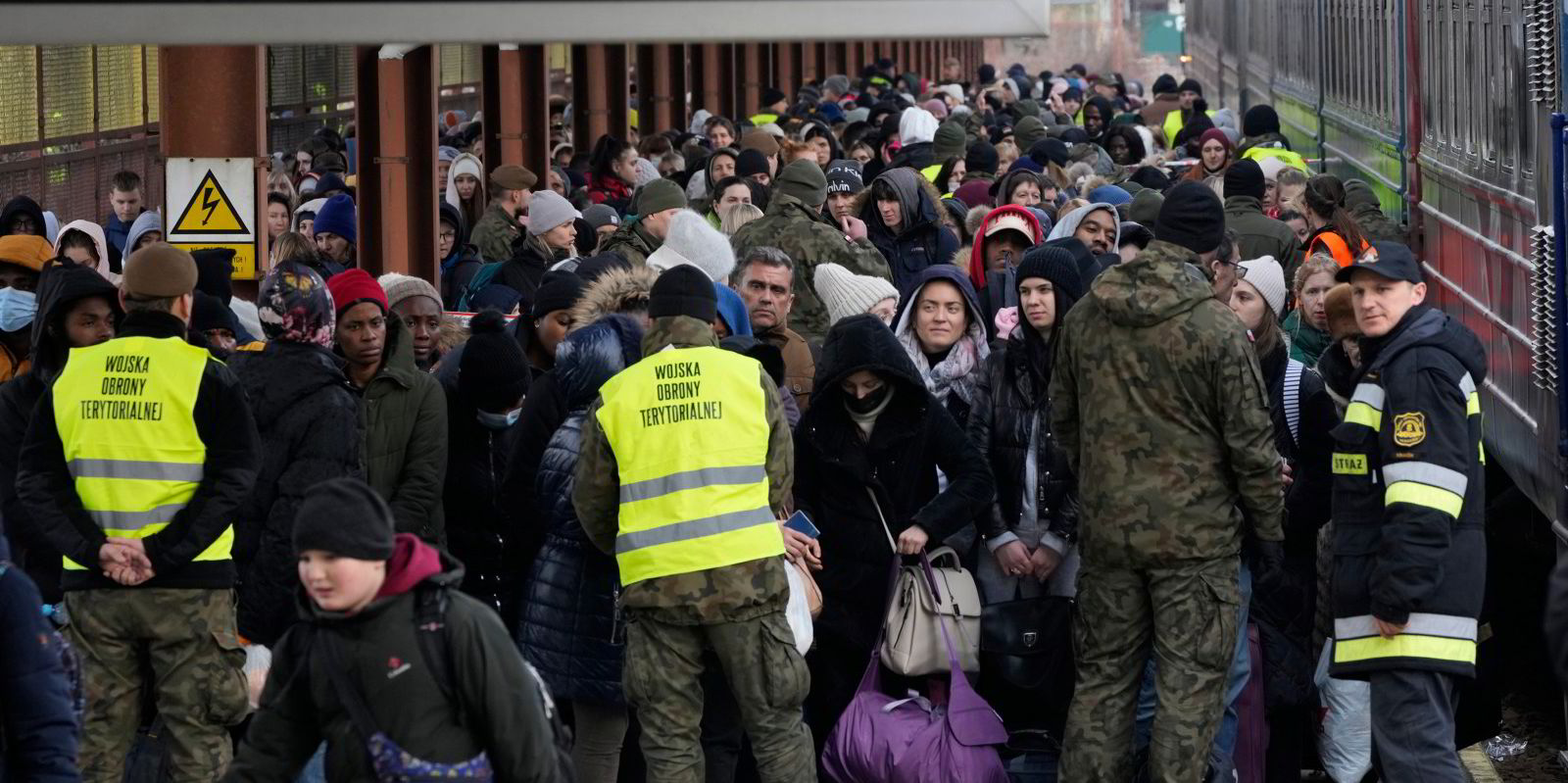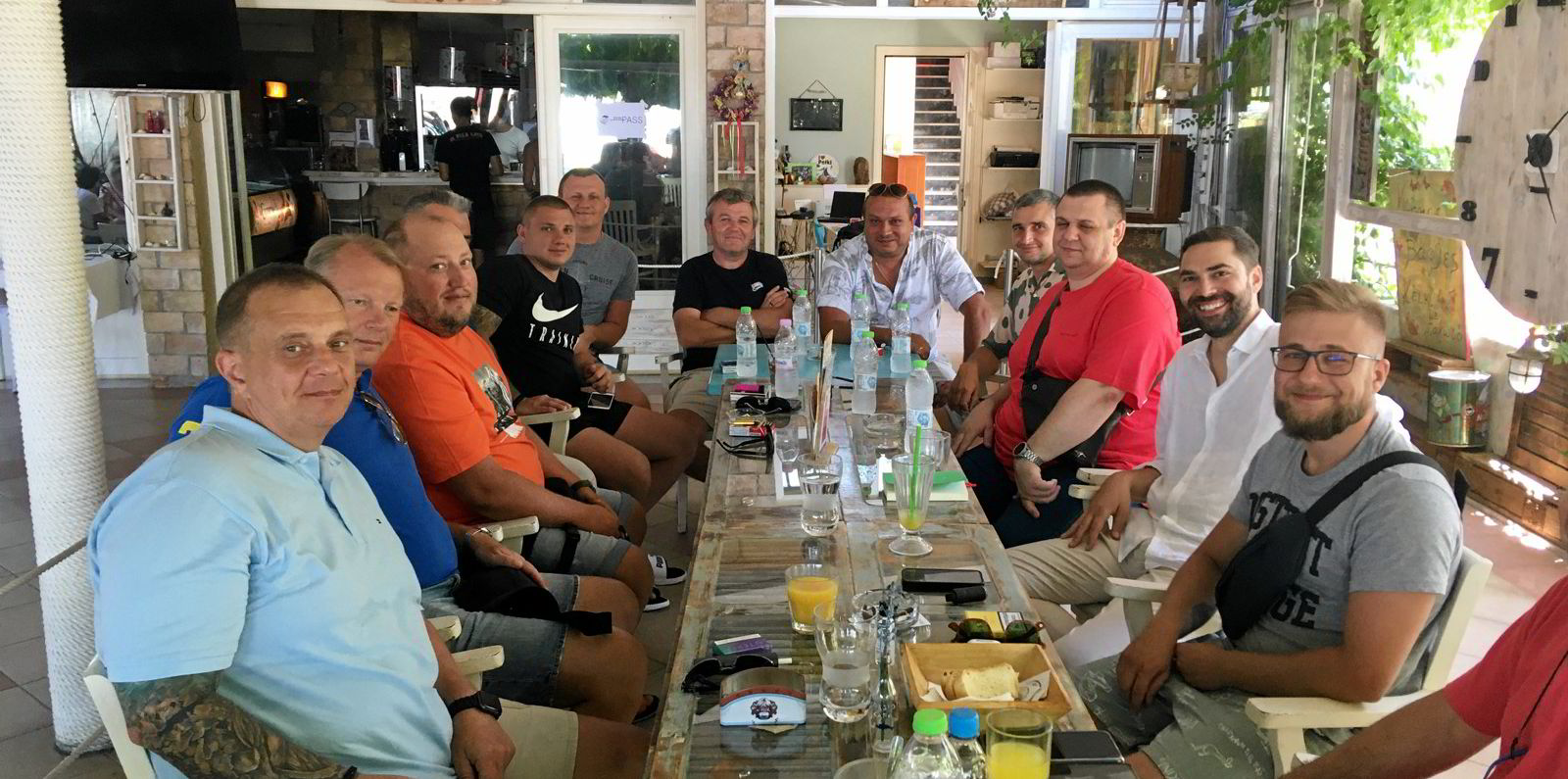As the realisation sinks in that the war in their country will drag on, much of Ukraine’s expatriate seafarer community is digging in for the long haul, rebuilding their lives outside their home country.
They often do so in different places than the ones they initially sought refuge in when Russia invaded 12 months ago.
Last year, hundreds had found shelter in Greece, where some of their employers provided emergency temporary housing and relief.
Onshore personnel that left Ukraine under such schemes are still in Greece, as their hosts continue employing them and help them find permanent homes.
However, offshore personnel hired through manning agencies are looking at a different situation. As corporate support programmes wind down and refugees themselves feel the urge to stand on their own feet, many are moving on to different countries.
“Each family pursues their individual strategy,” one Athens observer said.
Some have decamped to Balkan nations closer to Ukraine, where living is cheaper.
Others have opted for Poland or Germany, where labour markets are bigger and they can reunite with relatives or colleagues who settled there.
Despite the upheaval, most Ukrainian seafarers have managed to resume their jobs.
In a statement on 21 February, Danica Crewing Specialists reported that the percentage of Ukrainian seafarers on board merchant ships had returned to 60% of the total, which was their level before the Russian invasion.
Even companies that relied heavily on Ukrainian seafarers report that operations have continued more or less smoothly. Some have had to take on Filipino crews to make up for Ukrainian shortfalls, but even firms like that have confirmed the labour supply from Ukraine is holding up.

The crewing situation improved particularly since the government of Ukraine passed special legislation last year that allows some groups, including seafarers, to travel outside the country during martial law.
However, the reality is murkier.
“In many cases, seafarers have had to resort to bribes to have the nulla-osta [permission to leave the country],” Francesco Gargiulo, chief executive of the International Maritime Employers’ Council, told TradeWinds.
Gargiulo’s statement is backed up by other anecdotal evidence of males being caught up in the draft and being sent to war.
In the opposite direction, some Ukrainian seafarers are said to have voluntarily returned to fight the Russians.
All that to-and-fro between countries has made crew planning difficult.
“Several Ukrainian seafarers on our lists have just gone missing,” one Athens shipping player said.
“We simply don’t know where they are — maybe they’ve just cut ties to their manning agents, maybe they’ve been conscripted.”
Gargiulo concurred: “[It’s] not a great picture at present.
“A number of employers have discontinued their Russian manpower sources — not a huge number, but enough to hurt — and found it very difficult to continue to employ Ukrainians, which were often stuck at home because of martial law.”
Earlier in February, International Chamber of Shipping chairman Emanuele Grimaldi complained about a shortage of seafarers, which he attributed partly to the war in Ukraine.
Trauma from their own experiences in the country, concern for loved ones that stayed behind and uncertainty for the future also weigh heavily on their minds.
Danica cited a Ukrainian master as saying that their situation resembles “a book without an end right now”.
“We lost everything and all that we have is what could be put in a backpack,” the master said.






